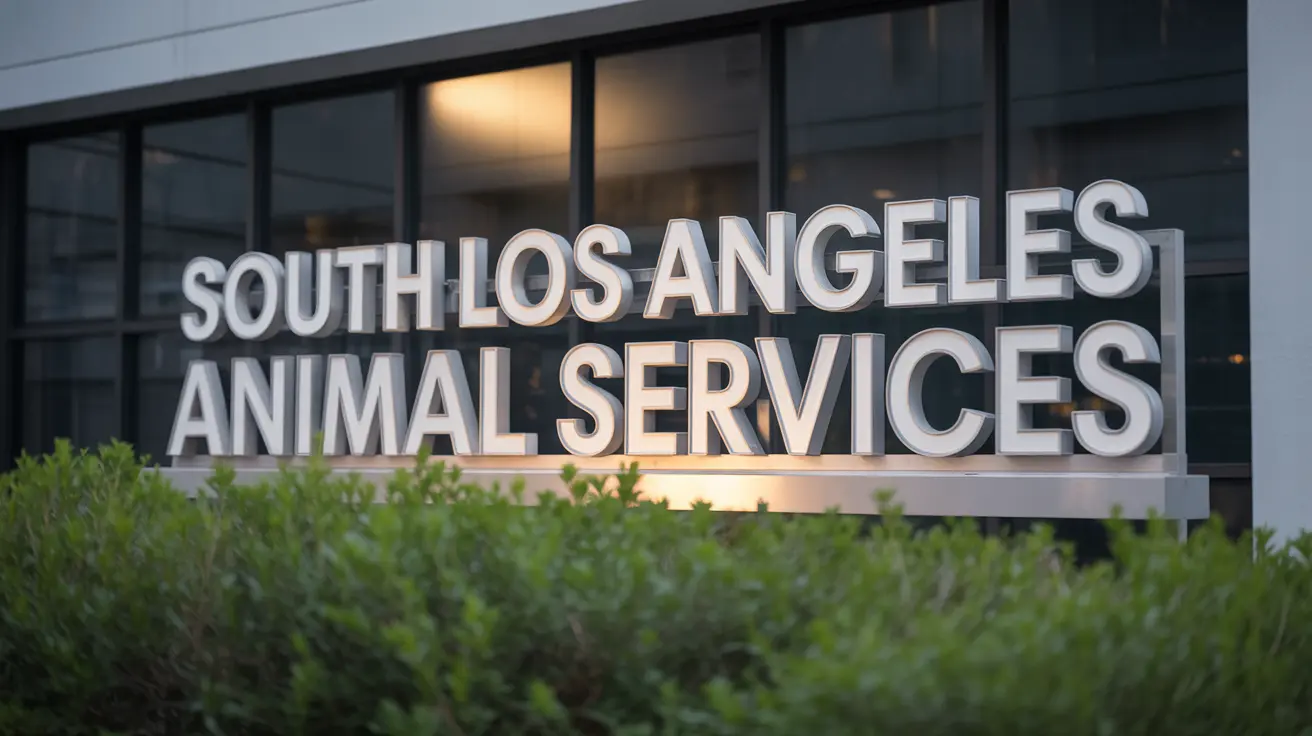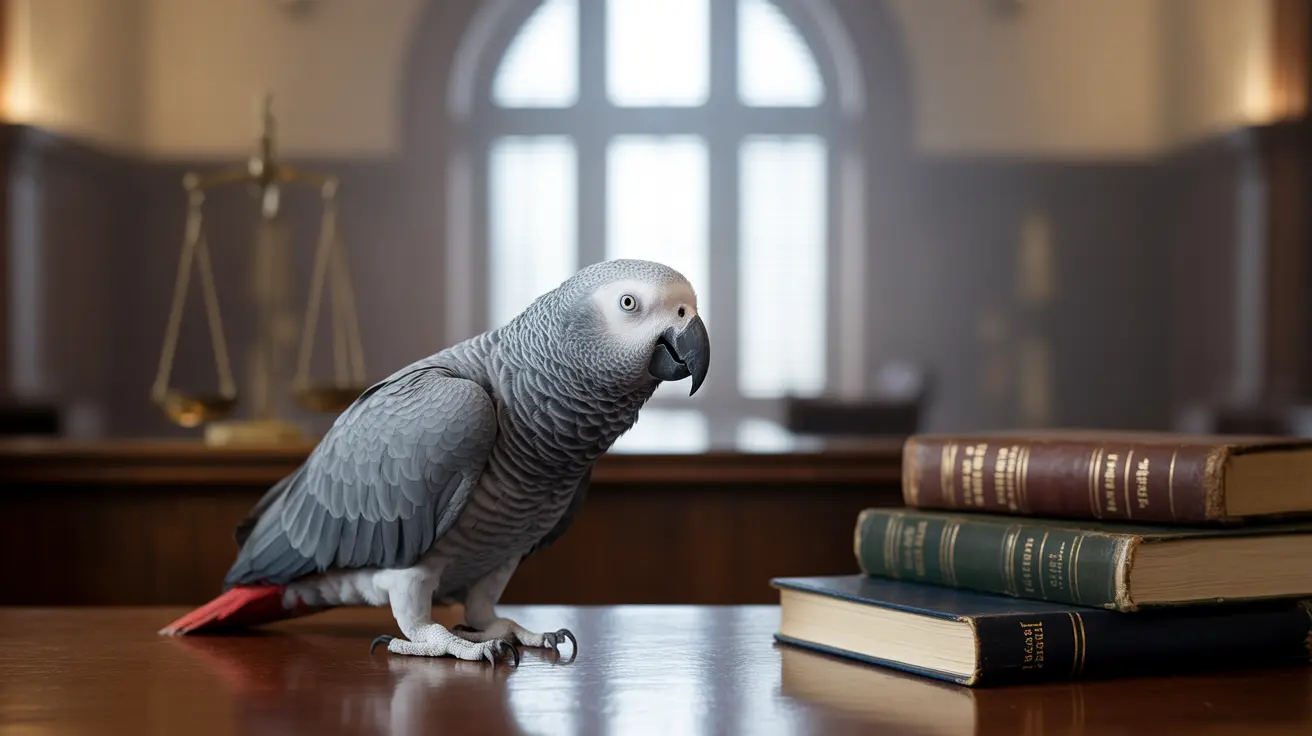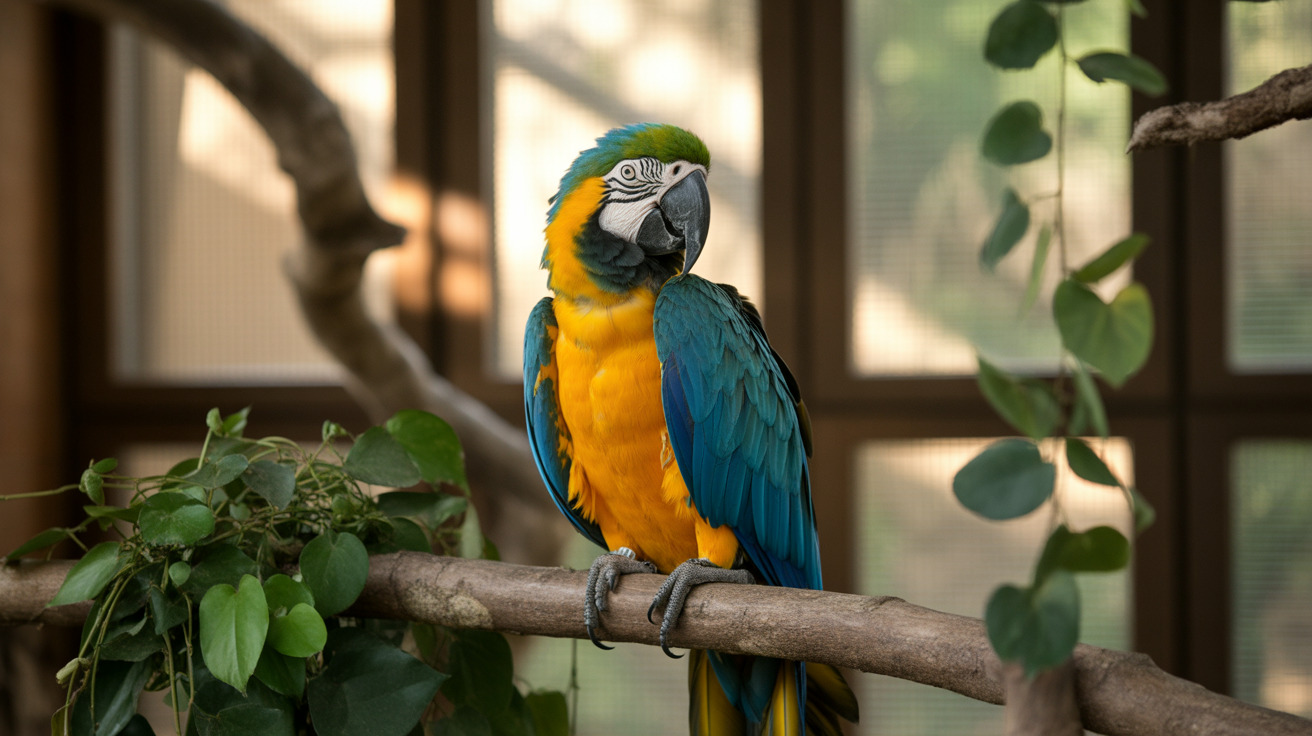Can Cats Have Cheese? Everything Pet Owners Should Know
When it comes to treating your feline friend, many of us are tempted to share a bite of our favorite snacks — including cheese. But can cats eat cheese safely? This is a common question many cat owners ask, especially because cheese is a staple in many households.
Understanding Feline Digestive Systems
To determine if cheese is suitable for cats, it's important to understand their digestive system. Unlike humans, cats are obligate carnivores, meaning their bodies are adapted primarily for meat consumption. As such, they lack the necessary enzymes to easily digest certain substances — especially lactose.
Most cats are lactose intolerant. This means their bodies produce little-to-no lactase, the enzyme needed to digest lactose, the sugar found in milk and dairy products.
Is Cheese Safe for Cats?
In moderation, a tiny amount of cheese is unlikely to harm your cat. However, feeding cats cheese regularly or in larger quantities can lead to digestive issues. These include:
- Diarrhea
- Gas
- Bloating
- Stomach cramps
Therefore, while cats can technically eat cheese, most should probably avoid it — especially those who are sensitive to dairy.
Different Types of Cheese and Their Impact
Not all cheeses are created equal. Some types may be more tolerable than others:
- Hard cheeses like cheddar and Swiss contain less lactose than soft cheeses and may be slightly easier to digest.
- Soft cheeses like brie or mozzarella are higher in lactose and fats, making them riskier.
- Processed cheeses are not recommended due to additives and preservatives.
When Cheese Might Be Useful
Though not ideal as a treat, cheese can have specific purposes in feline care:
- Administering medicine: Some cat owners hide pills in small bits of cheese to encourage their cats to take medication.
- Training purposes: In very small amounts, cheese can be used as a high-value treat for training or rewarding behavior.
In both cases, use cheese sparingly and observe your cat for any signs of discomfort.
Safer Alternatives to Cheese
If you're looking for healthy treats or rewards for your cat, consider these safer options:
- Cooked chicken or turkey
- Commercially produced cat treats
- Small bits of tuna (in water, not oil)
- Freeze-dried meat treats
These options align better with a cat’s natural dietary needs and pose fewer digestive risks.
Signs of Dairy Intolerance in Cats
If your cat experiences any of the following after consuming cheese, avoid giving it in the future:
- Vomiting
- Loose stool
- Excessive gas
- Lethargy or lack of appetite
In case of severe reactions, consult your veterinarian promptly.
Conclusion
While cats can have cheese in minimal amounts, it’s best to avoid it due to common lactose intolerance. If you do offer cheese, treat it as an occasional indulgence — never a dietary staple. Always observe your cat’s response, and when in doubt, consult your vet to prioritize their health and comfort.





